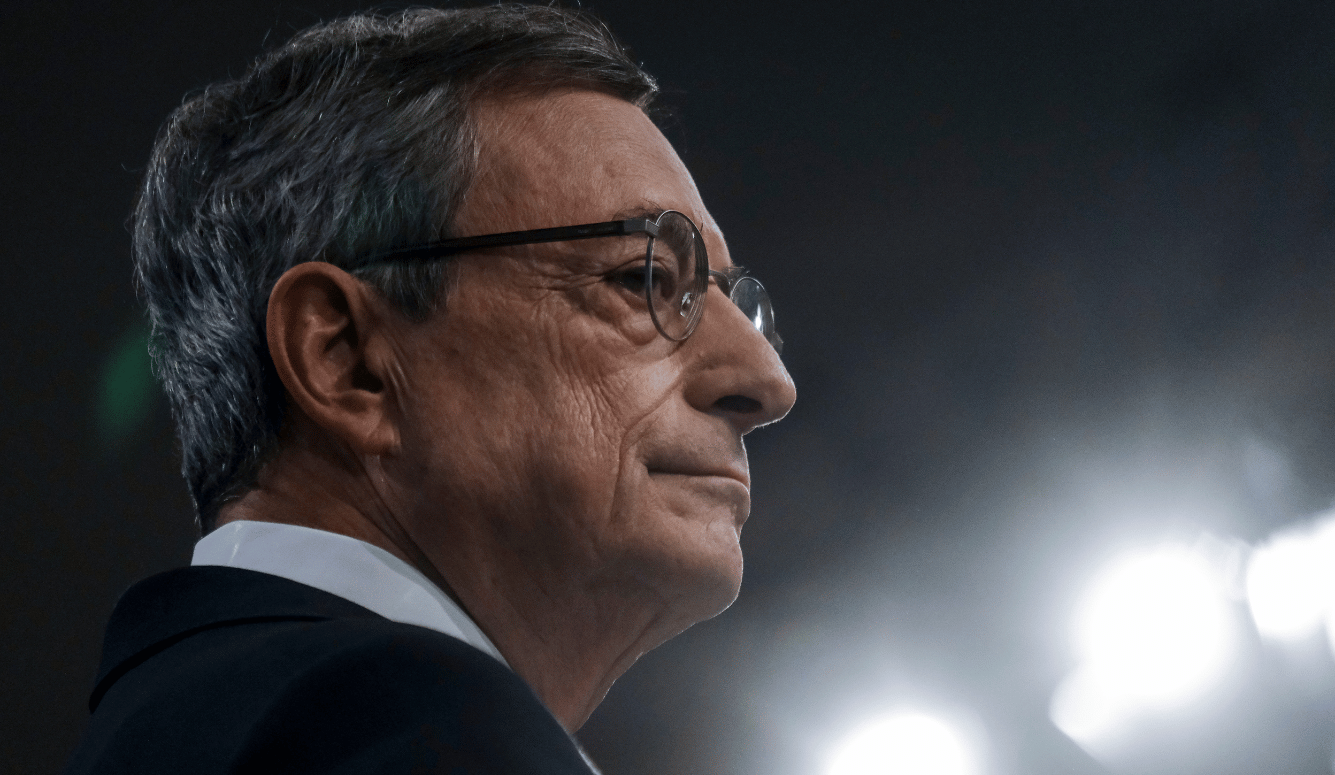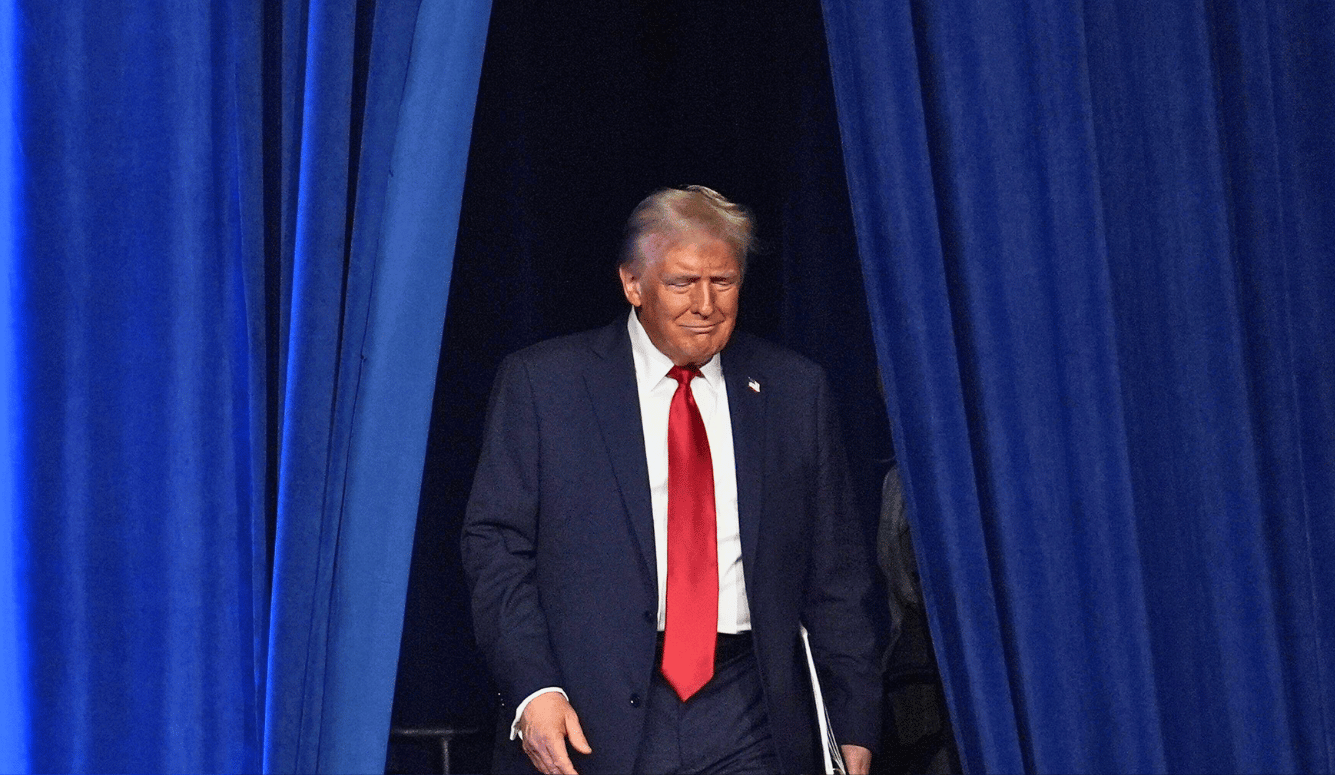Politics
Fragile Europe, On Its Own
European leaders are struggling to cope with the multiple crises now facing the beleaguered continent.

Appearances can be deceptive. Earlier this month, French president Emmanuel Macron was all smiles as he pumped US president Donald Trump’s hand for seventeen long seconds at the reopening of the Notre Dame cathedral in Paris, much of which was destroyed by fire in April 2019. The remarkable results of the reconstruction project are a tribute to French 21st-century craftsmanship, and they provided the French president with a stage upon which to celebrate this national achievement. A few days earlier, Macron had brought Trump and Volodymyr Zelensky together for what the Ukrainian president said was a “good and productive” twenty-minute chat. (He could say little else under the circumstances: Ukraine remains dependent on the US for the weaponry it needs to fight Russia, and the country is now anxiously waiting to see what kind of conflict-ending agreement Trump proposes with Vladimir Putin.)

However, even amid all this glad-handing and statesmanship and celebration, there were signs of the problems currently afflicting Europe and the shifting politics within and around the European Union. European Commission president, Ursula von der Leyen, issued a laconic note informing France that she would be unable to join other world leaders and dignitaries attending the Notre Dame celebrations. It seems likely that she was either disinvited or realised that she would receive a frosty welcome. At a meeting in the Uruguayan capital of Montevideo, she had just signed off on the Mercosur deal between the EU and Argentina, Brazil, Paraguay, and Uruguay to establish the free movement of goods, capital services, and people among its signatories. Von der Leyen’s signature—which has yet to be ratified by the EU’s member states—has infuriated Macron, who believes it undercut Europe’s farmers and violated France’s “agricultural sovereignty.” The deal is likely to be rejected by France, Poland, Austria, and (probably) Italy.






